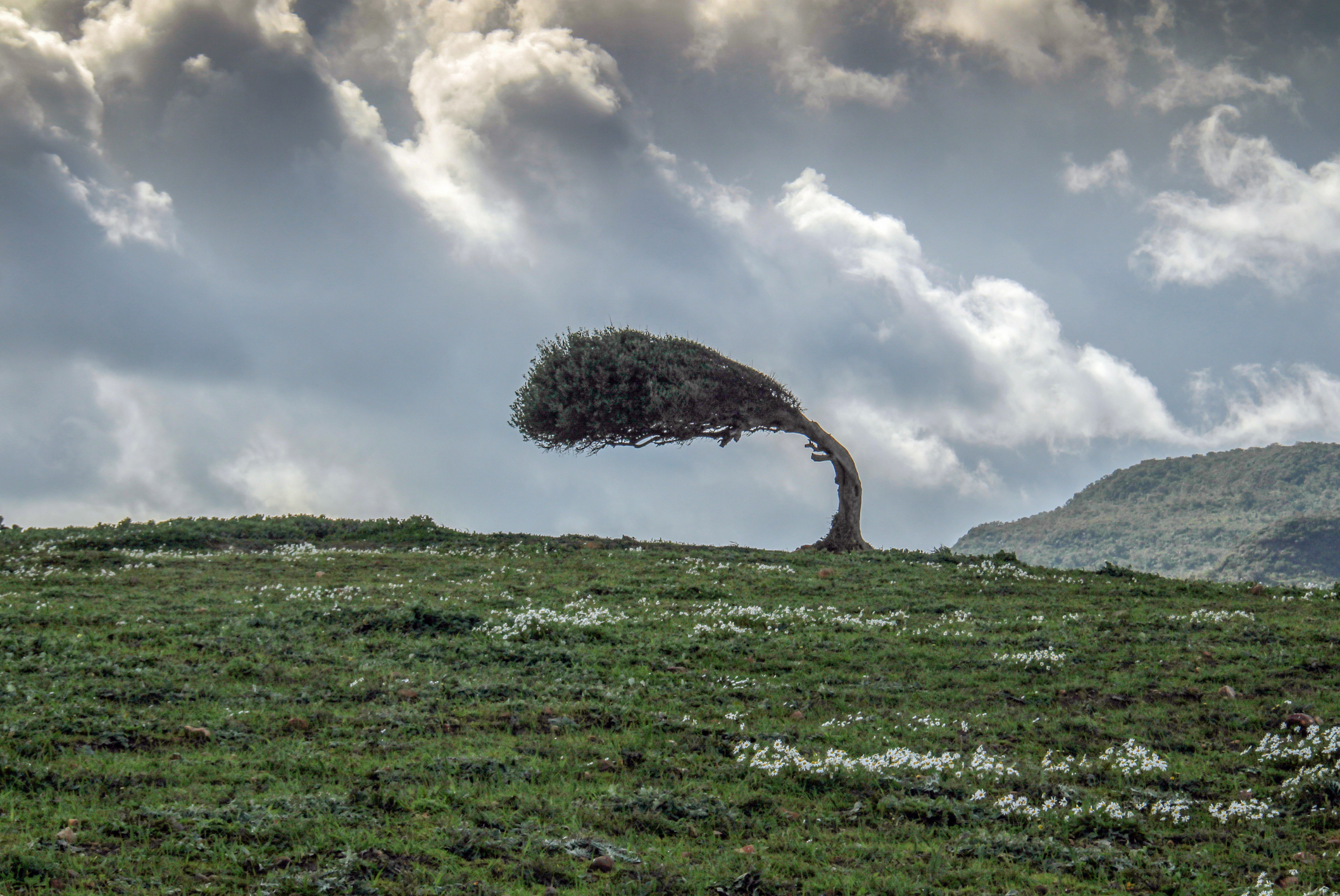
Resilience is not something we need to find deep down inside ourselves: connecting with others – and finding value in those connections – can make us more resilient in our most challenging times.
How do you define resilience?
Is it our capacity to endure? To bounce back from failure? Is it positivity in the face of adversity?
All too often, the discourse around resilience focuses on toxic positivity: hanging on, ‘toughing it out’ and being seen to be coping, even if we end up running on pure adrenaline.
Or we look internally, assuming that there is some kind of grit and determination we must find deep within ourselves at times of adversity. If we can’t find it within, it must be a personal failing.
Resilience – a team game
But according to research cited in Harvard Business Review, “resilience is not purely an individual characteristic, but is also heavily enabled by strong relationships and networks”.
People in our support systems can bolster our resilience by offering empathy, providing a sounding board, shifting our perspective or simply reminding us that we are not alone in facing the challenge.
Connecting with others
In short, resilience is not something we need to find deep down inside ourselves: connecting with others – and finding value in those connections – can make us more resilient in our most challenging times.
In a professional context, having a reliable and responsive network is not just about advancing your career, but also cultivating and maintaining meaningful connections with colleagues which sustain your emotional wellbeing in times of stress and difficulty.
We might have different needs to help bolster resilience. These might change depending on the particular challenge we face. But collectively, says Harvard Business Review, “the relationships we develop are a toolbox that we can turn to in our most difficult times”.
Seeking new connections
According to research, there are a number of relational sources of resilience which can be of benefit to us when faced with a challenge or difficulty.
When we are lacking a particular kind of connection that could build resilience, we need to broaden our network, look beyond like-minded individuals, and seek it out.
So, what are relational sources of resilience and where should we look for them?
How can we understand the strengths present in those around us? Being aware of preferred Belbin Team Roles – an individual’s tendency to behave, contribute and interrelate with others in a particular, predictable way – can help us understand the type of support those around us can provide.
An empathetic team member can allow us to express and release negative emotions. Those with Teamworker strengths are well placed here.
When things aren’t going well, talking about what isn’t working can lead the way to thinking about how best to fix it.
We might be tempted to dismiss other contributions that don’t appear to be adding anything when the going is good.
A Monitor Evaluator’s (ME) perspective can add valuable balance. For example, when sales are going well, an ME could point out that it was only one month – one data point. But then when sales drop and despondency sets in, they can be the voice of reason once more, reminding the team that, again, it’s only one data point.
A crisis often entails increased conflict. Not only are the stakes higher, but we don’t take the time to communicate as we might otherwise do.
Those with Co-ordinator strengths are often adept at handling ‘people politics’. They are skilled at using individual strengths and encouraging people to pull together, in pursuit of a shared purpose or objective.
In times of difficulty, we might not have the time for lengthy discussions to build consensus: there is a need for someone to call the shots and ensure that work is done.
That’s where the Shaper comes in. Shapers enjoy challenging environments and overcoming obstacles and can provide required direction.
Sometimes all that is needed is a new approach to a complex problem. When stuck with the same thinking, a strong Plant is often the one to suggest a creative solution
which hasn’t occurred to anyone before.
Don’t go it alone
Resilience is not a solo endurance test.
Building a network around us – and knowing the sources of resilience within that network is key to fostering resilience in the face of adversity.
Author: Victoria Brown – Head of R&D, Belbin Ltd
Find out more about understanding Belbin Team Roles here.